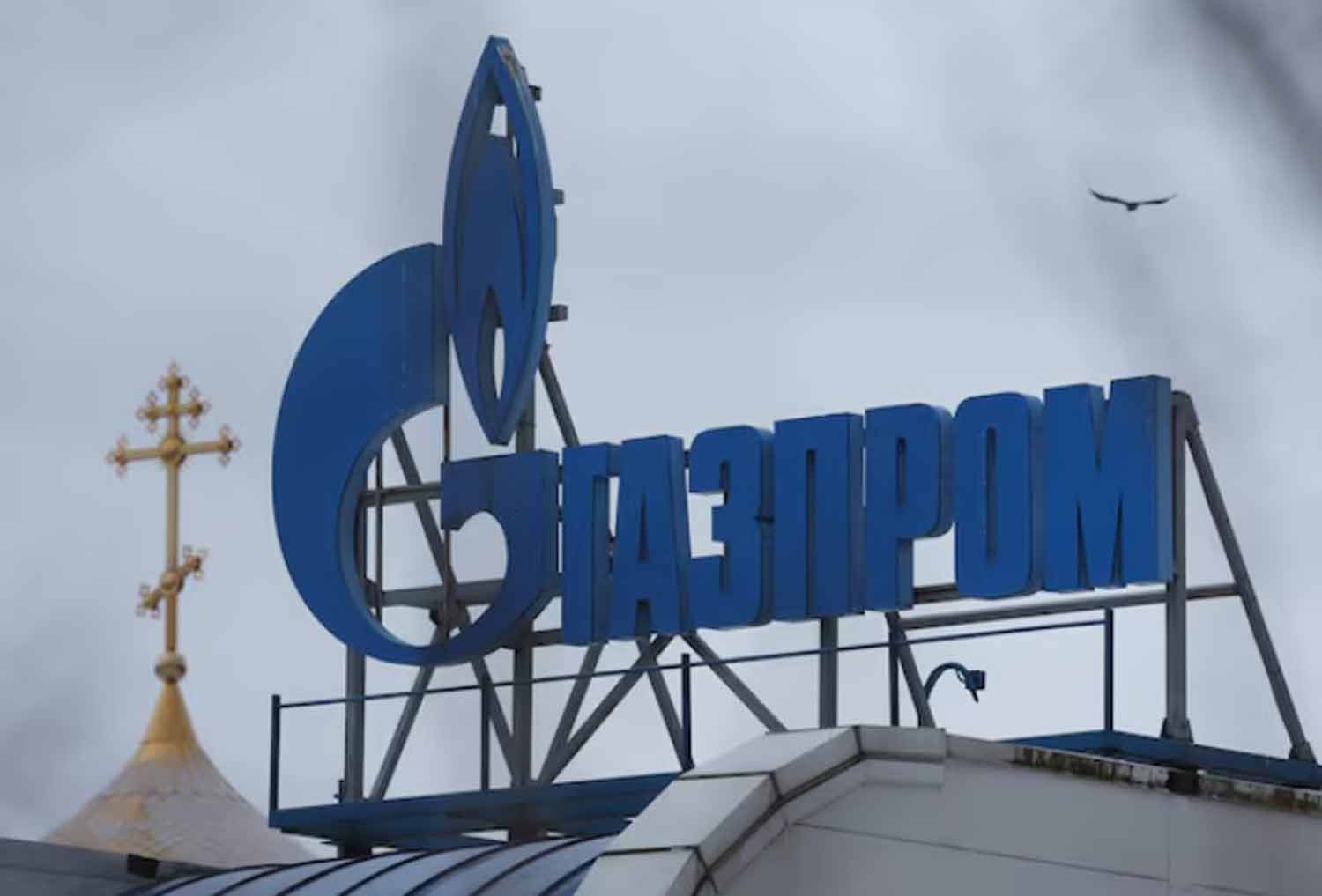Russia’s Gazprom has informed Austria of its decision to halt gas deliveries starting Saturday, as reported by a gas flow monitoring platform on Friday. This development may indicate the conclusion of the last remaining Russian gas supplies to Europe.
In a notice released on the central European gas hub platform, Austrian oil and gas firm OMV stated that Gazprom had communicated its intention to cease natural gas deliveries entirely from 0500 GMT on November 16.
OMV had previously warned that the supply of Russian gas via Ukraine could be jeopardized before the year’s end due to an ongoing arbitration case against Gazprom.
Austria remains one of the few European nations still reliant on Russian gas, as many other countries have significantly reduced their imports following Russia’s full-scale invasion of Ukraine in 2022.
The current volume of gas is 7,400 megawatt hours per hour, equating to roughly 5 terawatt hours per month.
Gazprom has refrained from making any comments on the matter.
Regardless, the agreement between Moscow and Kyiv regarding Russian gas exports through Ukraine to Europe is set to expire at the end of the year. This transit route primarily serves Austria and Slovakia.
Kyiv has consistently stated that it will not renew the contract with Gazprom.
OMV has indicated that it has been preparing for a potential cessation of Russian gas supplies and is capable of meeting its customers’ needs. The company has secured transport capacity from Germany and Italy to Austria, along with long-term contracts with alternative suppliers. Additionally, it can obtain liquefied natural gas from the Netherlands.
OMV has asserted that it has procured sufficient gas from other sources to compensate for the loss of Russian supplies. However, analysts at Eurointelligence caution that this situation is likely to intensify the energy crisis in Austria, which has already led to a significant decline in gas demand and adversely affected the manufacturing sector.
Austria’s economy is presently in a recession. When Germany experiences economic difficulties, Austria feels the impact. Additionally, rising energy costs have limited companies’ capacity to invest, they noted.
EU Energy Commissioner Kadri Simson informed Reuters during a UN climate conference in Azerbaijan that all EU nations receiving gas through the Ukraine route have alternative supply options to address any shortages. “We have made it clear that alternative supplies are accessible, and there is no necessity for the ongoing transit of Russian gas through Ukraine to Europe,” Simson stated.
Discover more from Defence Talks | Defense News Hub, Military Updates, Security Insights
Subscribe to get the latest posts sent to your email.




